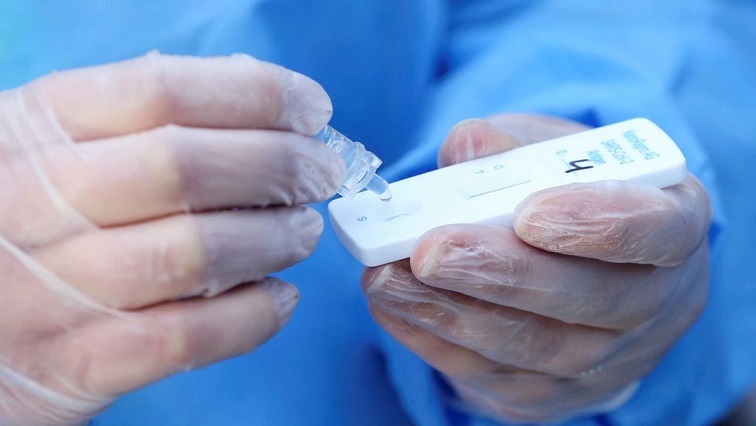A new assessment by the World Health Organization (WHO) shows that only 14.2%, or one in seven, COVID-19 infections are being detected in Africa.
To reverse that trend and curb transmission, the WHO Regional Office for Africa on Thursday announced a new initiative to enhance community screening for COVID-19 in eight countries.
The programme aims to reach more than seven million people with rapid diagnostic tests in the next year.
In a statement, the WHO says the analysis used the COVID-19 calculator developed by Resolve to Save Lives which estimates infections based on the reported number of cases and deaths and an infection fatality rate grounded in population-based studies.
It found that as of 10 October 2021 the cumulative number of COVID-19 infections is estimated to be 59 million in Africa, which is seven times more than the over eight million cases reported.
To date, COVID-19 detection in Africa has focused on people reporting to health facilities with symptoms, in addition to testing arriving and departing international travellers, leading to large-scale under-reporting given the high percentage of asymptomatic cases on the continent.
Since the start of the pandemic and as of 10 October, more than 70 million COVID-19 tests have been reported by African countries, which is a fraction of the continent’s 1.3 billion people.
By contrast, the United States, with about a third of the population, has reportedly administered over 550 million tests, while the United Kingdom, with less than 10% of the population of Africa, has administered over 280 million tests.
WHO Regional Director for Africa, Dr Matshidiso Moeti says, “With limited testing, we’re still flying blind in far too many communities in Africa. Most tests are carried out on people with symptoms, but much of the transmission is driven by asymptomatic people, so what we see could just be the tip of the iceberg.”
“Test numbers have been rising in Africa, but this community-based initiative is a radically new approach which should help significantly raise detection rates. More testing means rapid isolation, less transmission and more lives saved through targeted action,” Moeti adds.
Below is the full statement by the WHO:






